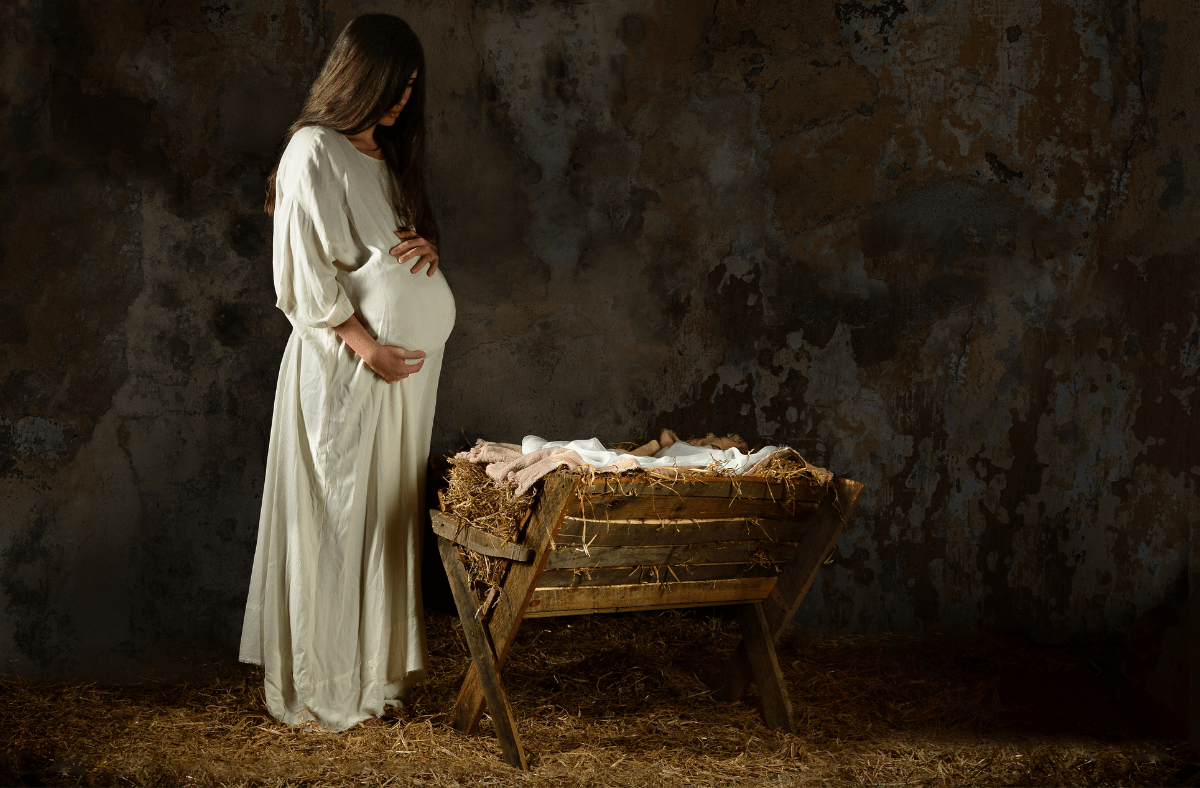Labels and categories can be helpful. When cruising the grocery aisles I’m thankful for the signs that point the way to “vegetables” or “baking needs”.
But labels can be harmful when applied to people.

Thankfully public discussion rarely includes some of the ugly words I heard growing up.
And that’s a good thing.
It means we are free to talk about the things that really matter without having to clear the hurdle of offense.
This trend has yet to take hold in wider circles when speaking about or speaking to bereaved parents and other hurting people.
From the outside looking in, we tend to classify struggling hearts as either “strong” or “weak”. We apply standards based on our own experience and background to determine whether or not a particular soul is “handling it well” or “crumbling under the stress”.
The problem with labels for hurting people is that it puts extra pressure on them and lets those around them off the hook.

You probably mean it as a compliment when you say, “You are so strong”.
But I know it’s not true-I’ve gotten very good at holding it together in public and at saying all the right things when I meet folks on the street.
I can look you in the eye, recite answers to the question of , “How are you doing?” by focusing on the current status of my surviving adult children. What you probably won’t notice among the well-rehearsed lines is I never share my heart-I never tell you how I FEEL.
If I opened that vault there’s no telling what might spill out.
You walk away confirmed in your opinion that I am doing well, that I no longer need any active encouragement or ongoing prayer. I’m off the “ministry list” because I am past the point of crisis and doing just fine.
Or you may see me at a vulnerable moment and think, “She’s weak” or “She’s really struggling”.
I AM weak and I DO struggle.
If you are tired of hearing about the ongoing struggle, how tired do you imagine I am living it?
If you wish I would “get over it”-how much more do you think I wish it never happened?
You may give up because it’s too much trouble to keep reaching out. You may tuck me in the basket of lost causes because you think I’m not committed to keep trying.
It’s easy to draw a line in the sand and decide that you will go thus far and no farther in extending help or encouragement or grace because you CAN walk away.
But I am not a lost cause.
Each day Jesus meets me in my weakness and brokenness and gives me the strength I need to carry on.
And He often does this through people-people who choose to walk alongside and not label me or my journey. People who are committed to continue even when they are tired of helping carry the burden and sick of hearing my story.
Grace–abundant grace-given and received is what makes life livable.
Love, not labels is what I need.
It’s what everyone needs.







